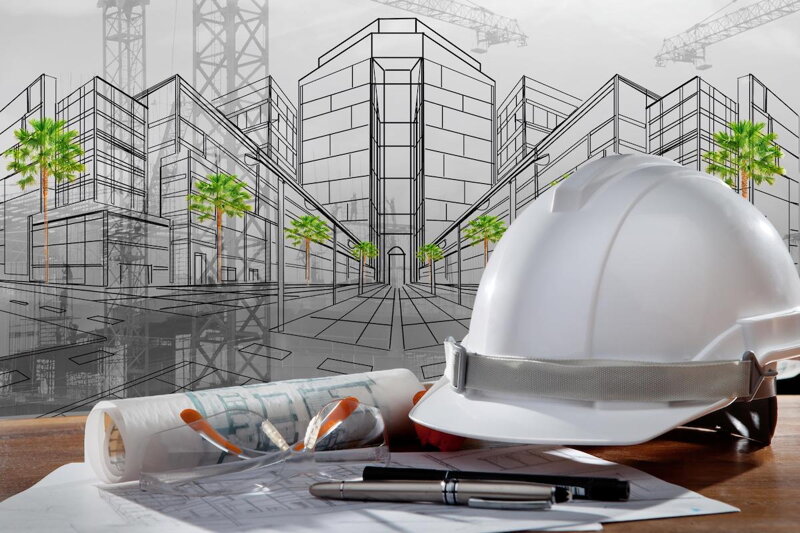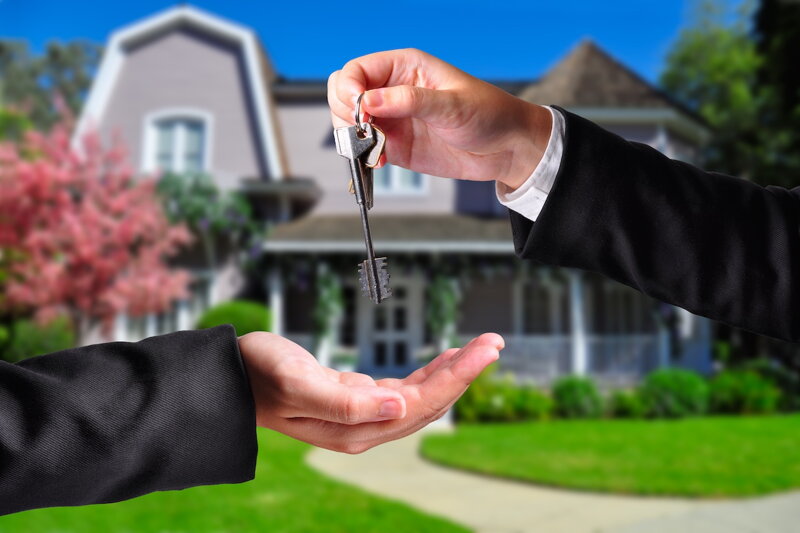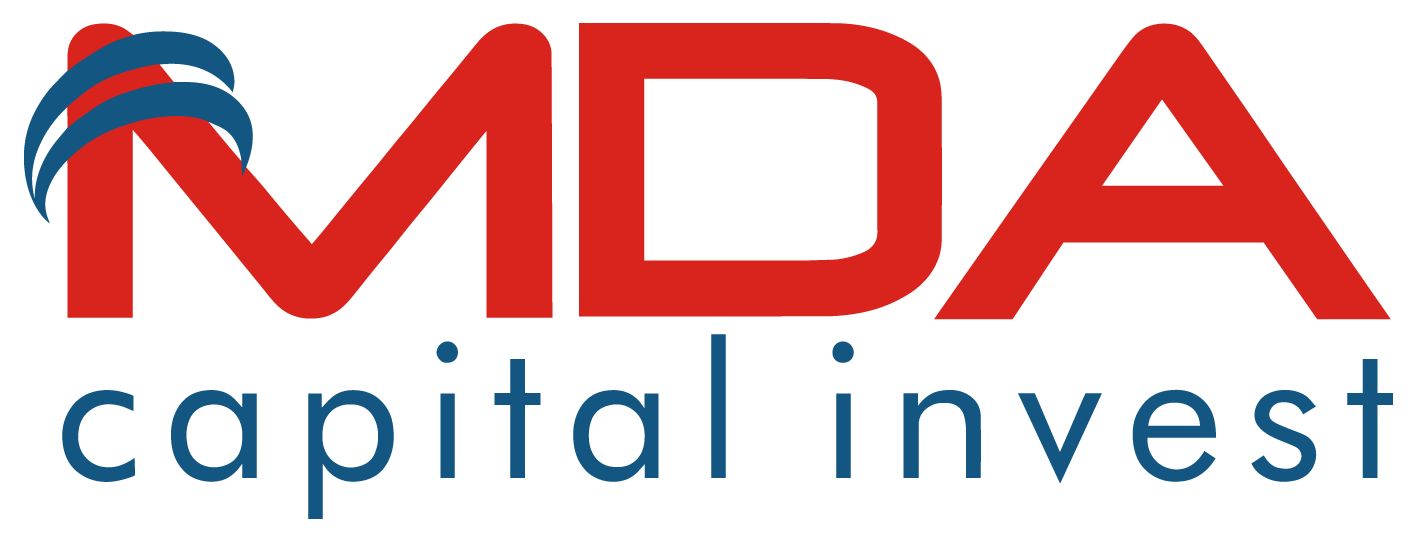DEVELOPERS CENTRAL
Manage your Global Real Estate Development

PROPERTY DEVELOPER
A property developer is a corporate business (i.e. company, firm, etc.) or a person that is engaged in the business of real estate development (or property developer), consisting of a business process, encompassing activities that range from the renovation and re-lease of existing buildings to the purchase of raw land and the sale of developed land or parcels to others. Real estate developers are the people and companies who coordinate all of these activities, converting ideas from paper to real property. Real estate development is different from construction or housebuilding, although many developers also manage the construction process or engage in housebuilding.
A property developer manages the architect, builder, real estate agent, town planner, and other third parties and make sure that they're all working together to successfully design, obtain approval for, build, and sell residential, commercial and industrial properties. There are a number of different kinds of property development businesses, consisting of residential property development (apartment buildings, single-family detached housing, multifamily housing, Developing and Subdividing Lots, etc), commercial property development (warehouses, shopping centres, offfice buildings, hotels, etc.) and industrial property development (manifacturing halls, assembly and / or manufacturing plants, etc.).
-

POST YOUR PROPERTY DETAILS
Posting your property details is very simple. We won't stress you with adding/edditing your products and services on mdaglobalrealestate.com platform. We'll do it and launch it for you. All you need to do is to make quality pictures and send them to us with a clear description via the simple form or your email.
YOUR PROPERTY, YOUR WEALTH
Your journey to successful real estate development business

Essential skills for a successful developer
As in every business industry, a successful property developer shall always shall always lay emphasis on the bankability and financeability of its real estate projects, ensuring full satisfaction of the investors, financiers, buyers and end users. For this purpose, every property developer is expected to have these essential skills and characters
-
- Organisation skills.
- Understanding construction and design principles.
- Decision-making skills.
- Negotiation and communication skills.
- Knowledge of real estate market trends and regulations.
- Financial and business skills.
- Problem-solving skills.

Real estate development attractiveness
It is the ability to raise operating income during the construction of the property and raise financial gains at the time of sale. Like investment, it is usually focused on residential, commercial and industrial assets. Most residential construction projects are subdivided into apartment buildings or plots for single-family residences primarily developed and built to bankability in accordance with the local housing needs and secondly in accordance with the international investment needs. Therefore, the only way to get your real estate project profitable is to develop it to bankability, using high-quality building materials and decoration items at the best deals, while targeting a market in needs. This process starts first with the maximization of the genuine value of the land on which the property is designed to be built.
Developer shall be intimately familiar with local regulations, which help them to successfully optimize their ideas and constructions..
FREQUENT ASKED QUESTIONS
Global Real Estate Projects Developers
What is a real estate developer?
A property developer is a corporate business (i.e. company, firm, etc.) or a person that is engaged in the business of real estate development (or property developer), consisting of a business process, encompassing activities that range from the renovation and re-lease of existing buildings to the purchase of raw land and the sale of developed land or parcels to others. Real estate developers are the people and companies who coordinate all of these activities, converting ideas from paper to real property. Real estate development is different from construction or housebuilding, although many developers also manage the construction process or engage in housebuilding.
What does a property / real estate developer do?
The simple answer to this question is that a property developer manages the architect, builder, real estate agent, town planner, and other third parties and make sure that they're all working together to successfully design, obtain approval for, build, and sell the new properties.
What are the main types of property development businesses?
There are a number of different kinds of property development businesses, consisting of residential property development (apartment buildings, single-family detached housing, multifamily housing, Developing and Subdividing Lots, etc),commercial property development (warehouses, shopping centres, offfice buildings, hotels, etc.) and industrial property development (manifacturing halls, assembly and / or manufacturing plants, etc.).
What are the steps to start a bankable property development business?
Starting a property development business can be an exciting endeavor. Having a clear roadmap of the steps to start a business will help you stay focused on your goals and get started faster.
- Develop a property development business plan – The first step in starting a business is to create a detailed real estate development company business plan that outlines all aspects of the venture. This should include potential market size and target customers, the services or products you will offer, pricing strategies and a detailed financial forecast.
- Choose Your Legal Structure – It's important to select an appropriate legal entity for your property development business. This could be a limited liability company (LLC), corporation, partnership, or sole proprietorship. Each type has its own benefits and drawbacks so it's important to do research and choose wisely so that your property development business is in compliance with local laws.
- Register Your Property Development Business – Once you have chosen a legal structure, the next step is to register your property development business with the government or state where you're operating from. This includes obtaining licenses and permits as required by federal, state, and local laws.
- Identify Financing Options – It's likely that you'll need some capital to start your property development business, so take some time to identify what financing options are available such as bank loans, investor funding, grants, or crowdfunding platforms.
- Choose a Location – Whether you plan on operating out of a physical location or not, you should always have an idea of where you'll be based should it become necessary in the future as well as what kind of space would be suitable for your operations.
- Hire Employees – There are several ways to find qualified employees including job boards like LinkedIn or Indeed as well as hiring agencies if needed – depending on what type of employees you need it might also be more effective to reach out directly through networking events.
- Acquire necessary property development equipment & supplies – In order to start your property development business, you'll need to purchase all of the necessary equipment and supplies to run a successful operation.
- Market & promote your business – Once you have all the necessary pieces in place, it's time to start promoting and marketing your property development business. This includes creating a website, utilizing social media platforms like Facebook or Twitter, and having an effective Search Engine Optimization (SEO) strategy. You should also consider traditional marketing techniques such as radio or print advertising.
What is a property development business plan?
A property development business plan is a plan to start and/or grow your property development business. Among other things, it outlines your business concept, identifies your target customers, presents your marketing plan and details your financial projections.
How do developers get funding for real estate development?
Property Development businesses are often funded through small business loans. Personal savings, credit card financing and angel investors are also popular forms of funding as provided in the next question below.
What is a real estate fund?
Real estate funds are investments that allow investors to participate in the ownership of a diversified set of real estate assets, such as office buildings, shopping centers, rental properties and land. They can be bought and sold on stock exchanges, like shares, or they can be purchased directly from the fund management company.
Real estate funds offer investors a way to diversify their portfolio, as they are not subject to the same risks as stocks or bonds. The rents and rental income generated by the real estate assets in the fund can provide a regular source of income for investors. The value of the real estate assets in the fund may increase over time, which may lead to an increase in the value of the units of the fund.
However, real estate funds may be exposed to certain risks, including rental vacancy, increases in interest rates and fluctuating property prices. It is therefore important to fully understand the risks associated with a real estate fund before investing.
In summary, real estate funds are a way for investors to participate in the ownership of diversified real estate assets while benefiting from regular rental income and growth in real estate value. However, it is important to fully understand the risks associated with these investments before making an investment decision.
How real estate developers make Money?
Real estate developers make money by selling the property to others at a higher price than what was paid. They can also make money in several other ways, including collecting rent from tenants. Usually, there are three types of real estate developers: 1) residential real estate developer, 2) commercial real estate developer, and 3) industrial real estate developer.
The same basic business rules always apply when developing a property to full operations management. First, land has to be bought or leased before construction can begin. For the prupose of bankability and financeability, developers look for land that meet the requirements of their projects based on the land use planning from the relevant authorities. Sometimes, the landowner wants to know what the development will look like before they agree to anything, so the developer will have to come up with a plan. After that, a team of architects and engineers will design the homes according to the developer's specifications. Once that's done, it'll be time to start building! This process usually takes around 12-18 months, after which the homes are ready for sale.



